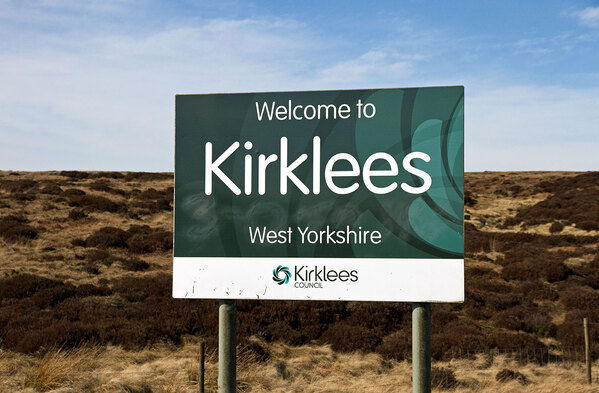You are viewing 1 of your 1 free articles
Regulator says new consumer rating could be used to get better prices from insurers
New consumer ratings for housing associations could be used to get better prices from insurers, the Regulator of Social Housing (RSH) has said.
Karen Doran, director of regulatory engagement at the RSH, sought to drum up support from landlords with the new consumer regime just weeks away from implementation.
Speaking at the National Housing Federation’s finance conference in Liverpool last week, she said: “Hopefully you can get better prices and premiums from insurers” with a strong consumer rating from the regulator.
“That’s my pitch to housing associations,” she said, adding that better stock-condition data should help landlords.
The RSH’s new consumer standards, published late last month, include a new consumer (C) rating for landlords alongside existing viability (V) and governance (G) metrics.
From 1 April, when the regime comes into force, housing associations and councils will be inspected every four years, on the condition of homes and how they treat tenants.
The consultation specified the need for landlords to have an “up-to-date” record on the condition of all their homes. Ms Doran also said the regulator will observe tenant scrutiny meetings at each landlord to see how residents’ voices are heard.
The regulator has proposed doubling its fees to cover the cost of enforcing the new standard.
Also speaking as part of the panel, Will Perry, director of strategy at the RSH, said the regulator was “not taking our foot off the gas on governance and viability” amid the introduction of the consumer rating.
Asked if there was a trade-off between C and V ratings, Ms Doran said “there’s definitely a trade-off, but people come from different starting points”.
If a housing association is awarded a V1 and a C2 or C3, she said, “you have to ask if they’re spending money in the right way.
“There’s nothing wrong with a V2,” she added. If she were awarded a C1 and a V2, “I’d be pretty content with that”, she said.
Sign up for our regulation and legal newsletter
Already have an account? Click here to manage your newsletters












